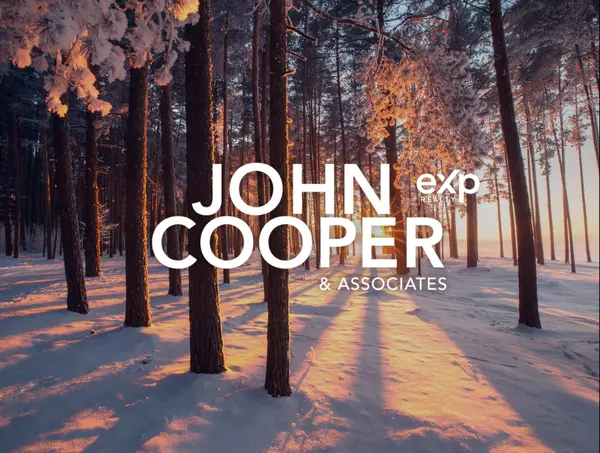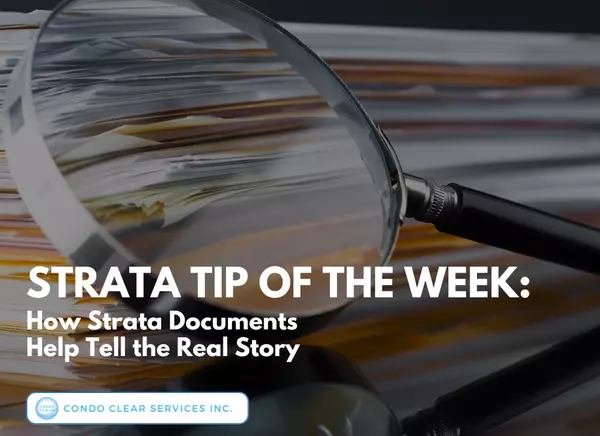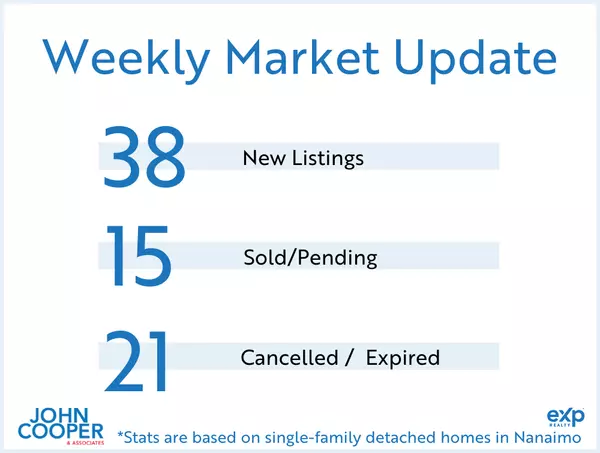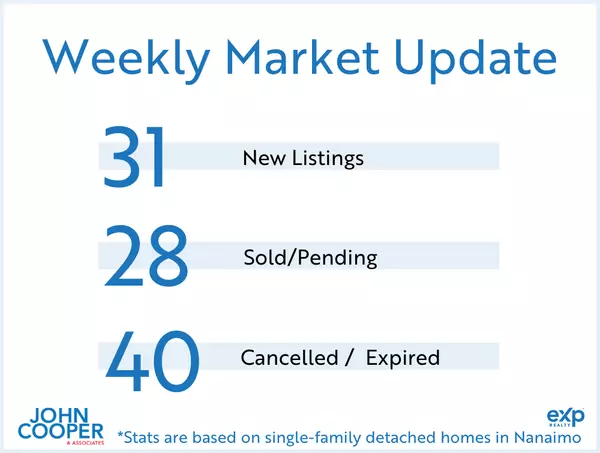If you’ve seen our Strata Documents Checklist — a list of essential documents we recommend you obtain and review when assisting consumers looking to purchase a strata-titled property — you’ll know that we always advise reviewing both the bylaws and the rules of the strata corporation.
While all strata corporations must have bylaws, they are not required to have rules. Additionally, if a strata corporation is sectioned, each section may have its own bylaws and rules.
1. Why Would a Strata Corporation Have Bylaws and Also Have Rules?
-
Bylaws provide the core legal framework for governance, covering significant aspects like the use of strata lots, common property, and strata council operations. They require a higher threshold to change and tend to be more permanent.
-
Rules, on the other hand, address more specific, day-to-day matters such as the use, safety, and condition of the common property and common assets. They are easier to modify and allow the strata to quickly adapt to changing needs without altering the foundational bylaws.
2. What Are the Main Differences Between Bylaws and Rules?
A. Governing Scope:
Bylaws can regulate the use of both strata lots and common property, while rules only govern the use, safety, and condition of common property and assets. Rules cannot govern the use of strata lots—only bylaws can.
B. Filing and Access:
-
Bylaws must be filed with the Land Title Office, making them a formal part of the property’s legal documentation. When writing a subject offer, it’s crucial to request the latest bylaws and any amendments, as filed with the Land Title Office.
-
Rules are not filed with the Land Title Office but should be requested specifically or obtained through a Form B: Information Certificate, which must include the latest rules.
C. Penalties for Violations:
The Strata Property Regulation dictates the maximum fines a strata corporation can impose for bylaw and rule violations.
-
Bylaws: The maximum fine for contravening a bylaw is up to $200 per occurrence, and fines for continuing contraventions can be imposed every 7 days. However, there’s one exception. For contraventions of a bylaw that restricts the use of a strata lot for vacation or temporary accommodation, the strata corporation can impose a fine of up to $1,000 per occurrence, and this fine can be imposed daily for continuing contraventions.
-
Rules: The maximum fine for breaking a rule is $50 per occurrence, and fines for continuing contraventions can be imposed every 7 days.
3. How Does a Strata Change Its Bylaws and Rules?
-
Bylaws: To amend (create, change, or delete) its bylaws, a strata corporation must hold a general meeting and have the amendments approved by a 3/4 vote of the owners. These changes only become enforceable once filed with the Land Title Office.
-
Rules: Amending (creating, changing, or deleting) rules is more straightforward. The strata council can amend rules through a majority vote at a council meeting. However, any rule amendments must be ratified by a majority vote of the owners at the next general meeting, or they cease to have effect.
Why It Matters
Understanding the difference between bylaws and rules is crucial for realtors and potential buyers. Bylaws set the foundational governance and long-term restrictions of a strata property, which can significantly impact a buyer’s lifestyle and investment. Rules, while more flexible, regulate daily living aspects like common area use, and can be changed more easily. Being aware of both ensures that buyers are fully informed about the community they are entering, helping them make more confident and informed purchasing decisions.























